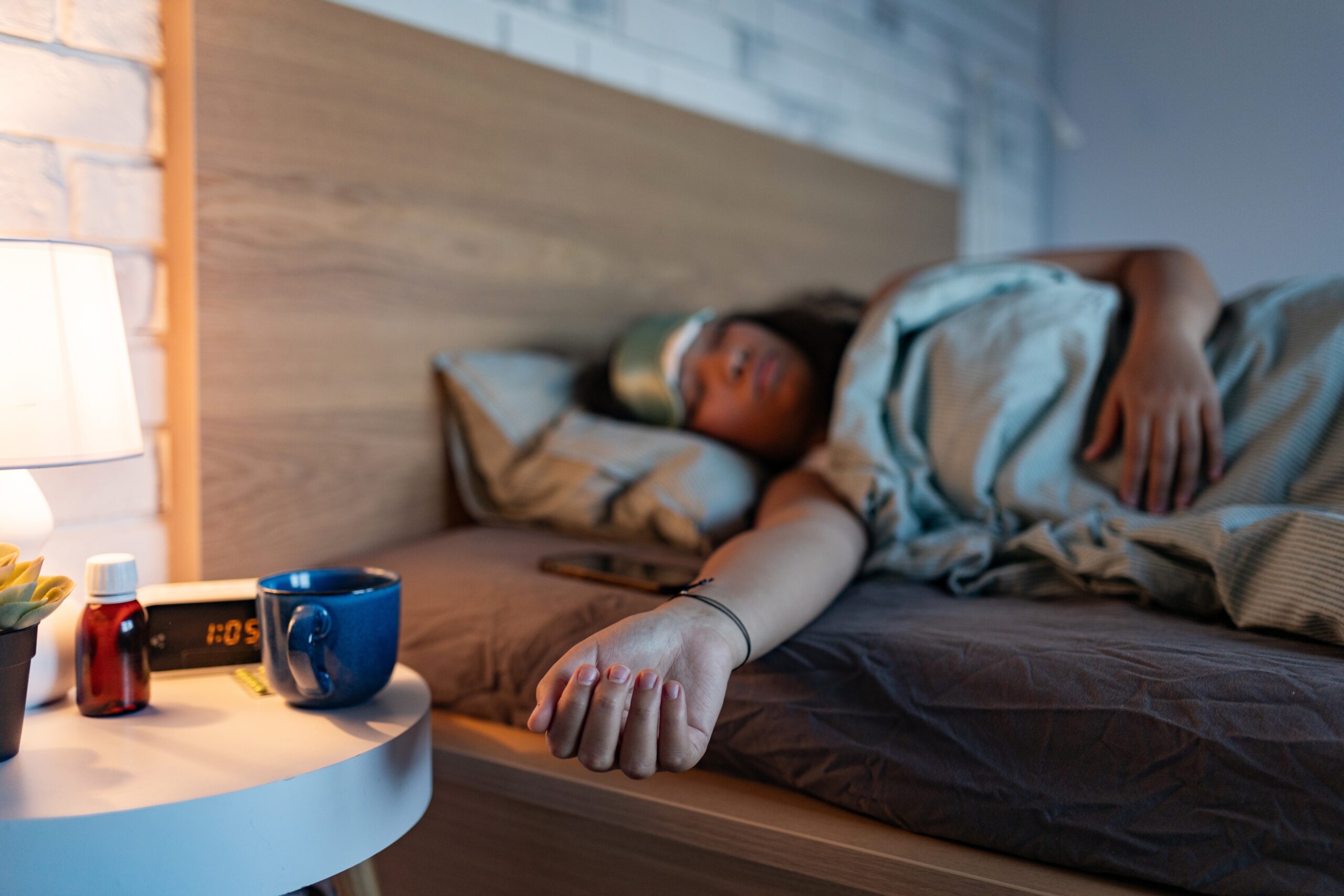Table of Contents

Millions of Americans struggle with sleep issues, yet the solution may not be found in a bottle of melatonin but rather in proven nonhormonal strategies that enhance your body's natural ability to rest.
At a Glance
- About 35% of U.S. adults sleep less than seven hours nightly, with up to 70 million suffering from sleep disorders
- Melatonin is primarily for adjusting sleep schedules (like jet lag), not as a regular sleep aid
- Natural alternatives include magnesium, L-theanine, valerian root, and improved sleep hygiene practices
- Prescription and OTC sleep medications should be used cautiously and only short-term
- Consulting healthcare providers is recommended for persistent sleep issues
The Melatonin Misconception
Despite its popularity, melatonin isn't designed as a primary solution for sleep difficulties. Many Americans reach for this supplement without understanding its limited applications. Melatonin is a hormone naturally produced by the body to regulate sleep-wake cycles, but supplementing regularly might not address underlying sleep issues and could potentially disrupt your body's natural hormone production.
Instead of relying on melatonin, experts suggest it should be used primarily for specific situations like adjusting to new time zones during travel or helping shift workers adapt to changing schedules. For ongoing sleep difficulties, other approaches offer more sustainable benefits without the potential drawbacks of hormonal supplements.
Natural Non-Hormonal Alternatives
Several evidence-backed natural supplements can help improve sleep quality without affecting hormone levels. Magnesium, found in foods like nuts and milk, has shown promise in enhancing sleep quality, particularly for older adults. This essential mineral helps regulate neurotransmitters involved in the sleep process and promotes muscle relaxation, though those with kidney disease should use it cautiously.
L-Theanine, an amino acid found in tea, particularly green tea, offers another nonhormonal option. Research suggests it may improve sleep quality without causing daytime drowsiness—a common complaint with many sleep aids. Similarly, glycine, another amino acid, has been shown to enhance sleep quality and reduce daytime fatigue when taken before bedtime.
Valerian root, lavender essential oil, and certain herbal teas like chamomile also show potential benefits, though their effectiveness varies by individual. When considering these supplements, quality matters significantly—the FDA doesn't regulate supplements for safety or effectiveness, so choosing third-party certified products is crucial.
Optimizing Sleep Environment and Habits
Perhaps the most powerful nonhormonal approaches to better sleep involve no supplements at all but rather improving sleep hygiene—the habits and environment that affect sleep quality. Maintaining a consistent sleep schedule, even on weekends, helps regulate your body's internal clock. Creating a cool, dark, and quiet sleeping environment signals your brain that it's time to rest.
Limiting exposure to screens at least an hour before bedtime helps avoid the sleep-disrupting effects of blue light. Establishing a calming pre-sleep routine—whether reading, gentle stretching, or taking a warm bath—can significantly improve sleep onset. Avoiding caffeine, large meals, and alcohol close to bedtime prevents these substances from interfering with your sleep architecture and quality.
When to Seek Professional Help
While nonhormonal strategies work for many people, persistent sleep difficulties warrant medical attention. Sleep disorders like insomnia, sleep apnea, or restless leg syndrome often require professional diagnosis and treatment. Cognitive behavioral therapy for insomnia (CBT-I) has proven particularly effective for chronic sleep issues, offering lasting benefits without medication side effects.
Over-the-counter sleep aids containing antihistamines may provide temporary relief but quickly lead to tolerance and aren't suitable for long-term use. They can cause side effects like grogginess, dry mouth, constipation, and urinary retention. For those with ongoing sleep challenges, a healthcare provider can help determine if prescription sleep medication might be appropriate while addressing any underlying health issues.
Remember that quality sleep forms a foundation for overall health, affecting everything from memory and blood pressure to immune function and appetite regulation. By embracing nonhormonal approaches, you can develop sustainable sleep habits that support long-term wellbeing without relying on supplements that may disrupt your body's natural processes.
Sources:
https://www.henryford.com/blog/2022/07/skip-the-melatonin-these-are-your-best-sleep-aid-options
https://www.sleepfoundation.org/sleep-aids/natural-sleep-aids
https://www.mayoclinic.org/healthy-lifestyle/adult-health/in-depth/sleep-aids/art-20047860
https://www.hopkinsmedicine.org/health/wellness-and-prevention/sleep-aids
https://www.webmd.com/sleep-disorders/ss/slideshow-natural-sleep-remedies
